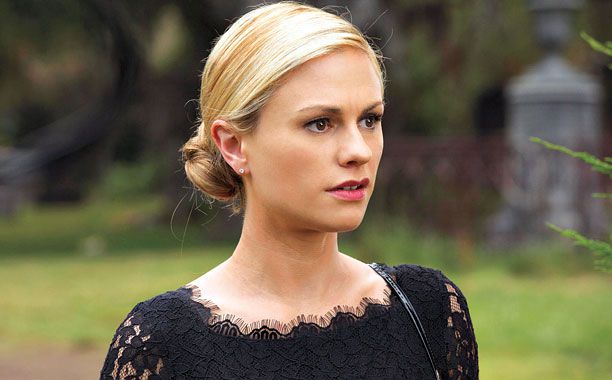
If it sounds to you like the characters on the show became incredibly one-dimensional and difficult to enjoy, you’re not alone. (Notably taking neither Sookie nor Jessica’s wishes into account as he cast them as pawns in his elaborate suicide plans.) In addition, “Vampire Bill” coerced his “child,” baby vampire Jessica, to hastily wed her recently re-ignited flame Hoyt so he could walk her down the aisle. On top of that, he demanded Sookie kill him and go on to marry and have children.

And rather than take advantage of the readily available cure to the virus (contracted by Bill through Sookie, in an accelerated form due to her fairy blood), Bill insisted he die … to save Sookie. Spoiler alert: after a lengthy (and somewhat whiny story arc) in which vampires contracted and died from a human engineered virus called “Hep V,” Sookie’s on-again, off-again lover Bill Compton became ill with the disease. And while the books’ ending was hugely unpopular with fans, Twitter and Facebook feeds last night suggested (at least initially) that the TV ending of True Blood was as if (if not more) upsetting to fans than its “canon.” The series finale of True Blood stopped well short of the number of books written inside the series that inspired the show. After 92 episodes, seven seasons, and a large level of social media support, the True Blood series finale aired last night - however, it seems that only a small number of fans felt Sookie Stackhouse’s “happy ever after” made their time investment worthwhile.


 0 kommentar(er)
0 kommentar(er)
